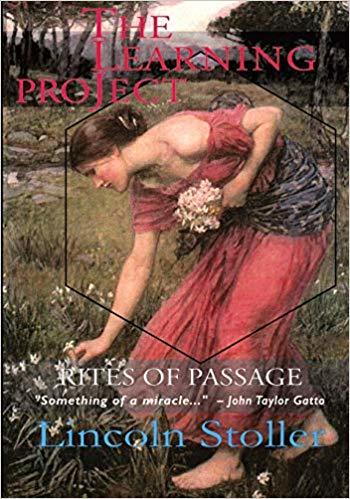What do you think?
Rate this book


410 pages, Paperback
Published January 1, 2019
Lincoln Stoller grew up around and was mentored directly by the colleagues of Frank Lloyd Wright, Alexander Calder, Bucky Fuller, and Albert Einstein.
As a teenager, he traveled the world climbing mountains and, in the process, fell 1,000 feet off the highest peak in the Canadian Rockies, swam across the arctic sea, crashed his airplane, collapsed his horse, stepped in quicksand, was buried in an avalanche, and became a cultural ambassador to families in Central America, Mongolia, and the Caribbean.
During this time he attended seven colleges, got a doctorate in Quantum Mechanics, and founded a software company specializing in business automation.
Building on his interests in physics, neurophysiology, psychology, education, and culture Lincoln is now a therapist and mentor living in British Columbia, Canada, where he works with clients remotely.
He has two wonderful ex-wives, and two wonderful sons. Committed to supporting intuition and the feeling mind, he can be contacted through his web site at mindstrengthbalance.com.